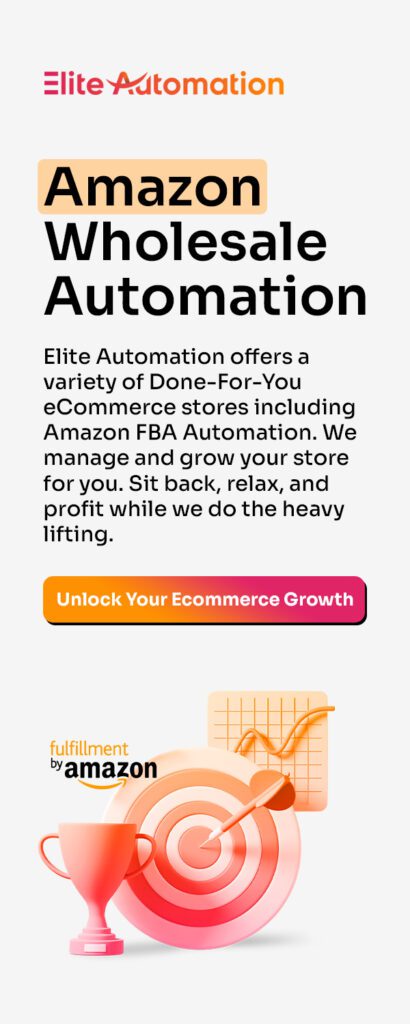Introduction
In the world of e-commerce and global trading, establishing a fruitful relationship with Chinese suppliers is a pivotal step for businesses looking to scale efficiently. China, known for its vast manufacturing capabilities and diverse market, presents an abundance of opportunities for businesses around the globe. However, navigating the complexities of supplier management can be challenging. This article delves into three critical steps that can lead to more efficient supplier management and faster results when working with Chinese suppliers.
Step 1: Comprehensive Research and Vetting
The first step in efficient supplier management is conducting thorough research and vetting potential suppliers. This involves understanding the specific needs of your business and aligning them with a supplier’s capabilities.
Market Research: Start with detailed market research to identify potential suppliers. Utilize platforms like Alibaba and Global Sources, which are goldmines for finding reputable suppliers in China.
Due Diligence: Perform due diligence on shortlisted suppliers. Check their business licenses, certifications, and production capabilities. Tools like China Checkup offer convenient ways to verify the legitimacy of Chinese companies.
References and Reviews: Seek references and read reviews from other businesses that have worked with these suppliers. This can provide insights into their reliability, quality of products, and communication effectiveness.
Step 2: Effective Communication and Cultural Understanding
Effective communication is the cornerstone of successful supplier management, especially when dealing with international suppliers where language and cultural barriers may exist.
Language Barrier: While many Chinese suppliers have English-speaking representatives, consider hiring a translator or using translation tools to ensure clear communication.
Cultural Sensitivity: Understanding Chinese business culture is crucial. This includes recognizing the importance of building relationships (Guanxi), negotiating prices respectfully, and understanding the Chinese New Year’s impact on production schedules.
Regular Updates and Meetings: Schedule regular meetings to discuss progress, challenges, and feedback. Utilize technology like WeChat, a popular communication tool in China, to stay connected.
Step 3: Streamlining Logistics and Quality Control
The final step is to streamline logistics and enforce strict quality control measures. This ensures that the products meet your standards and are delivered in a timely manner.
Quality Control Protocols: Implement rigorous quality control protocols. Consider third-party inspection services like SGS or Bureau Veritas for unbiased quality checks at various stages of production.
Logistics Management: Understand the logistics involved in shipping from China. Familiarize yourself with Incoterms, shipping options (air vs. sea freight), and customs clearance procedures. Tools like Freightos can be helpful for logistics planning.
Continuous Improvement: Regularly review and improve your logistics and quality control processes. This could involve visiting the supplier’s facilities in China for a more hands-on approach.
Conclusion
Efficient supplier management is crucial for businesses looking to leverage the manufacturing power of China. By conducting comprehensive research, fostering effective communication, and streamlining logistics and quality control, companies can achieve faster and more reliable results from their Chinese suppliers. Remember, the key to success lies in building strong, respectful relationships and maintaining clear, consistent communication channels.
FAQs for Additional Value
Q: How do I ensure product quality from Chinese suppliers?
A: Implement strict quality control measures and consider using third-party inspection services for unbiased quality checks.
Q: What are the best platforms for finding Chinese suppliers?
A: Alibaba and Global Sources are popular platforms for finding reputable Chinese suppliers.
Q: How can I overcome language barriers when dealing with Chinese suppliers?
A: Hiring a translator or using translation tools can help overcome language barriers. Additionally, many suppliers have English-speaking representatives.
Q: What is Guanxi and why is it important in Chinese business culture?
A: Guanxi refers to the concept of building networks or relationships and is a crucial aspect of Chinese business culture.



